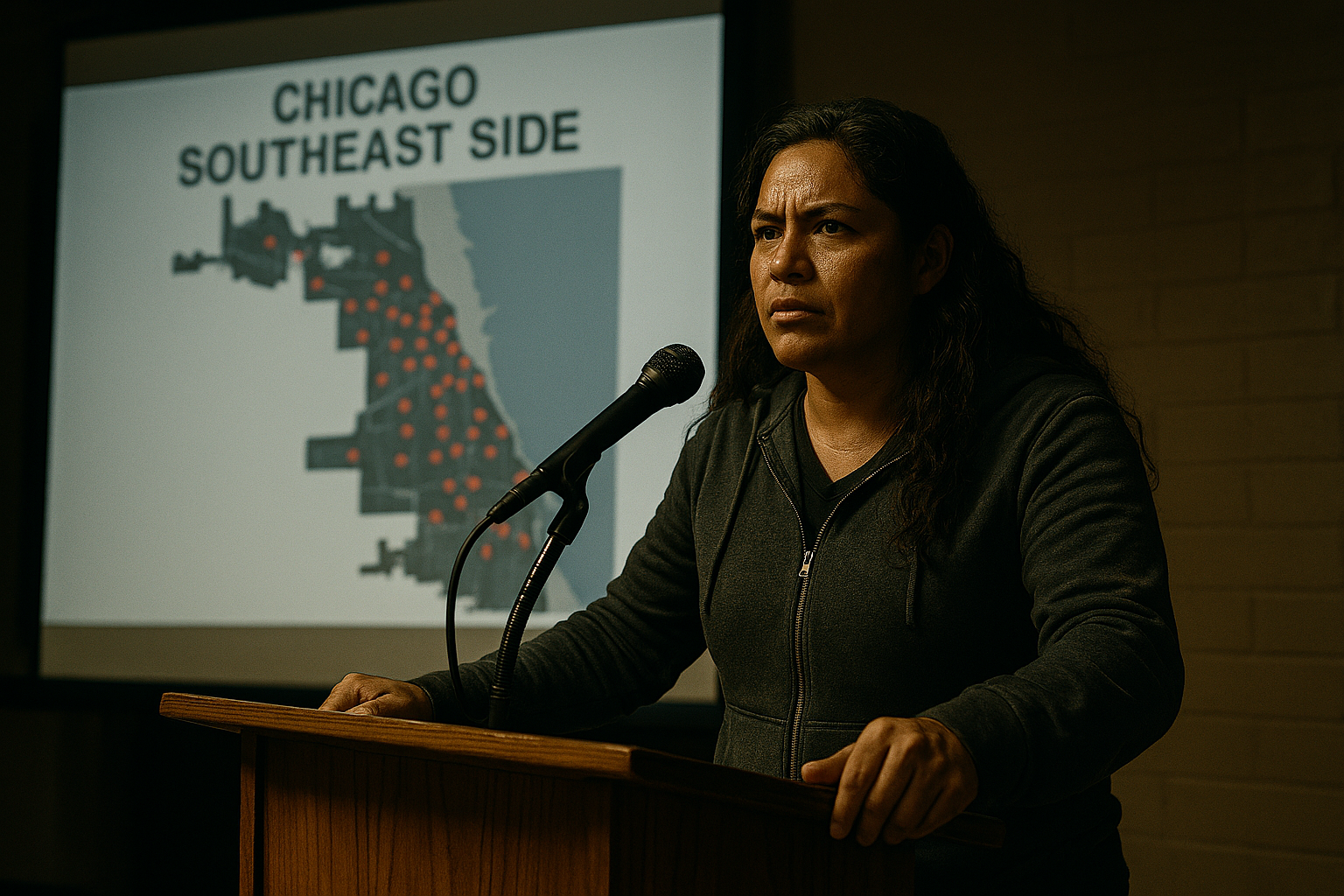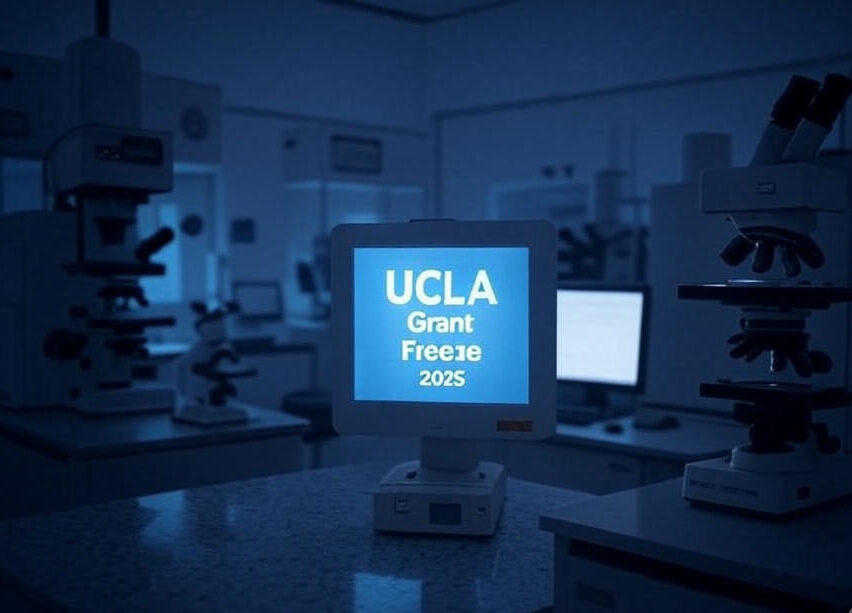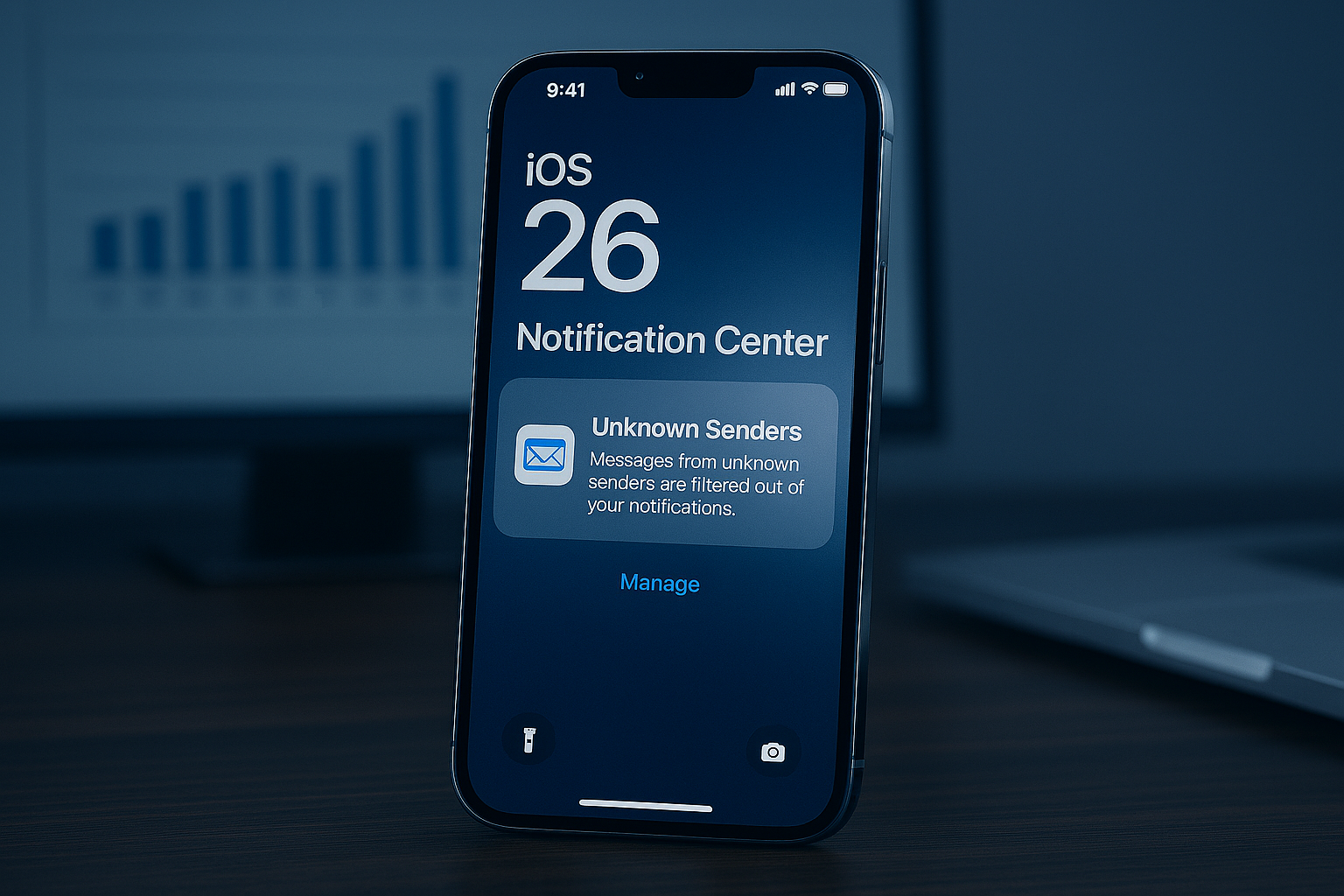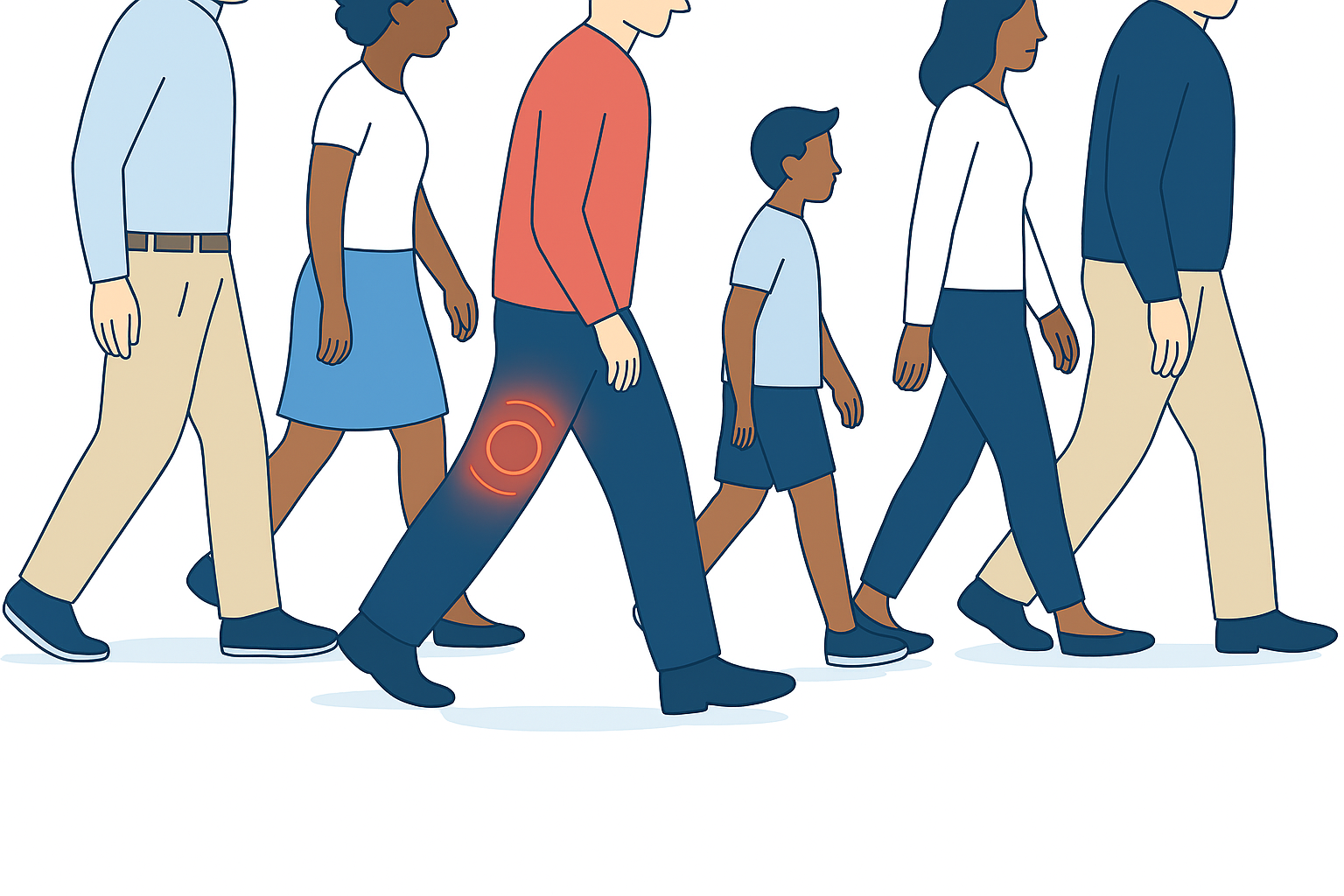Activists Vow to Fight After Trump-Era Data Removal Revealed

Chicago Activists Undeterred After Report Reveals Trump-Era Environmental Data Removal
A startling new report has confirmed what many community advocates long suspected: the Trump administration systematically removed critical public health and environmental data from government websites. The report details how information on industrial pollution and its health risks was scrubbed, leaving vulnerable communities in the dark. In response, Chicago environmental activists are not only undeterred but are intensifying their fight for transparency and justice, vowing that this data suppression will not derail their efforts.
This revelation has reignited concerns about environmental justice in Chicago, particularly in neighborhoods on the Southeast Side that have historically borne the brunt of industrial pollution. For these communities, access to federal data isn’t just about statistics; it’s a vital tool for holding polluters accountable and protecting their families’ health.
The “Lost” Data and Its Impact
The report, released by the Environmental Data & Governance Initiative (EDGI), a watchdog group, outlines a deliberate campaign to sideline science. Key findings include:
- The removal of data linking specific industrial pollutants to health conditions like asthma and cancer.
- The deletion of pages on climate change and its projected impact on the Great Lakes region.
- The altering of language on EPA websites to downplay the risks of certain chemicals.
For Chicago communities, this meant losing access to federal information about toxic emissions from local steel plants and manufacturing facilities. “They tried to erase our reality from the public record,” said Maria Torres, a Southeast Side community organizer. “But we live with this reality every day. We don’t need a website to tell us our children are getting sick; we need the data to prove why and force action.”
A Fight for Environmental Justice in Chicago
The removal of this data is seen by local leaders as a direct blow to the fight for environmental justice. Activist groups in Chicago have long used EPA data to:
- Challenge permit applications for new industrial facilities.
- Advocate for stricter air and water quality monitoring.
- Provide evidence in lawsuits against polluting companies.
- Educate residents about local health risks.
Without this federally-backed information, the burden of proof shifts entirely to under-resourced community groups. They are often forced to fund their own expensive air and soil testing to make their case. This Trump administration data removal is viewed as a tactic to disarm communities and favor corporate interests.
The Response: “We Will Not Be Silenced”
Despite the setback, the response from Chicago’s activist community has been one of defiance. They are leveraging a network of “data refuges”—independent archives created by scientists and volunteers during the Trump administration to preserve this exact type of information.
| Action Being Taken | Purpose |
|---|---|
| Data Archiving | Using “data refuge” copies to restore public access to information. |
| Community Monitoring | Crowdfunding and deploying their own air quality sensors. |
| Public Awareness Campaigns | Holding town halls to inform residents about the missing data. |
| Political Pressure | Demanding the Biden administration restore all removed data permanently. |
“They can take down a webpage, but they can’t take down a movement,” Torres declared. “This has only made us more determined. We will collect our own data, we will use the archived data, and we will not be silenced.”
Conclusion: The Battle for Information Continues
The revelation of the Trump administration data removal serves as a stark reminder that the fight for a healthy environment is also a fight for information. For Chicago environmental activists, this is not a partisan issue but a fundamental matter of public health and safety. While the government may have removed the data, it failed to remove the resolve of the communities fighting for their right to clean air and water. Their continued efforts ensure that accountability remains possible, even when the official record has been compromised.









